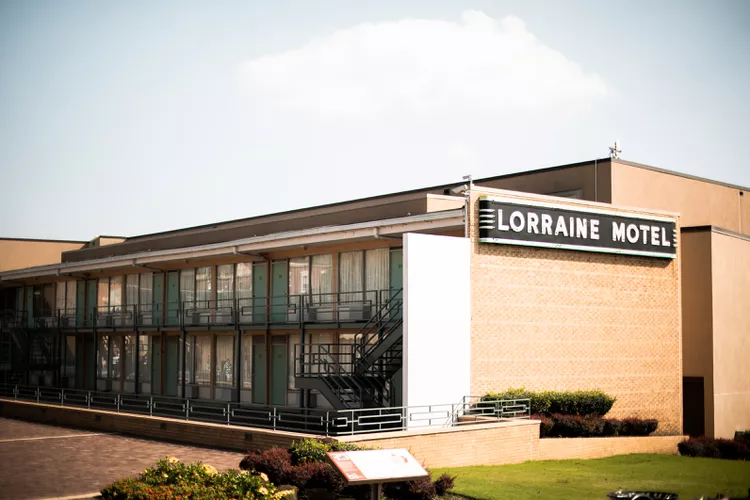Exploring Memphis’ Rich African American Heritage
Although national Black History Month is celebrated in February, Memphis enjoys its diverse African American heritage all year long through a variety of attractions, museums, and historic sites. Over the last several decades, a number of prominent African Americans have made their homes here; likewise, there have been significant events in Black history that took place right here in Memphis.
If you’re visiting Memphis during February—or you just want to experience a bit of the city’s rich Black heritage at any time of year—there are plenty of places worth exploring during your trip. The National Civil Rights Museum, the Slave Haven Underground Railroad Museum inside the historic Burkle Estate, and the Cotton Museum at the Memphis Cotton Exchange are all excellent destinations. Moreover, you can explore the rich cultural legacy created by prominent Black artists at places like the Ernest Withers Collection, the Blue Hall of Fame, the Stax Museum of American Soul Music, and the W.C. Handy Home and Museum.
No matter where you go in the city, you’re sure to find the influence Black Americans played in the establishment of our nation and the creation of the culture of Memphis. However, it’s also important to understand the historical events and people that helped shape the city throughout history. The following sections detail the biggest players and events in Black History in Memphis over the last 100 years.
Assassination of Dr. Martin Luther King Jr.
April 4, 1968, was one of the darkest days in Memphis’ history. On that day, Dr. Martin Luther King Jr. was assassinated on the balcony of the Lorraine Motel in Memphis. This crime was a blow not only to the city but to the nation as a whole. In 1991, however, the city opened the National Civil Rights Museum at the site of King’s assassination. In 2014, the museum underwent a multi-million dollar renovation and reopened.
B.B. King

Riley B. King, better known as B.B. King, was an African-American blues musician who came to fame right here in Memphis. His innovative style quickly turned him into a local and then national success. Moreover, he has influenced many musicians who followed him, and his music continues to be a familiar presence on Beale Street and beyond. His legacy lives on even after his passing in 2015, with Third Street being renamed “B.B. King Boulevard” in his honor.
Al Green
Al Green is one of the most famous ministers in Memphis, but before that, he was one of the most popular soul singers of the 70s. His contributions to R&B, gospel, and soul are still evident today, and his ministry at the Full Gospel Tabernacle continues to thrive.
W.C. Handy

W.C. Handy, known as The Father of the Blues, significantly contributed to the music industry. He is credited with developing the blues genre as we know it today. Furthermore, because his first and most famous hit, “Memphis Blues,” was written right here in the Bluff City, we pay homage to Handy with a statue in his honor, a park with his name, and other tributes.
Robert Church

Robert Church made significant contributions to the advancement of civil rights decades before there was a widespread civil rights movement. Known as the South’s first Black millionaire, Church was a skilled businessman and community leader. He founded Church Park and Auditorium, which became a gathering place for the African-American community. Today, the park is enjoyed by people of all races.
Bishop Charles Mason
Bishop Charles Mason is another renowned minister in Memphis. He was born to former slaves in 1866, but he ultimately became the founder of the Church of God in Christ (C.O.G.I.C.). This denomination is the largest Pentecostal body and the fifth largest Christian denomination in the United States. Therefore, its presence is felt strongly across Memphis, as the church’s headquarters are located here.





